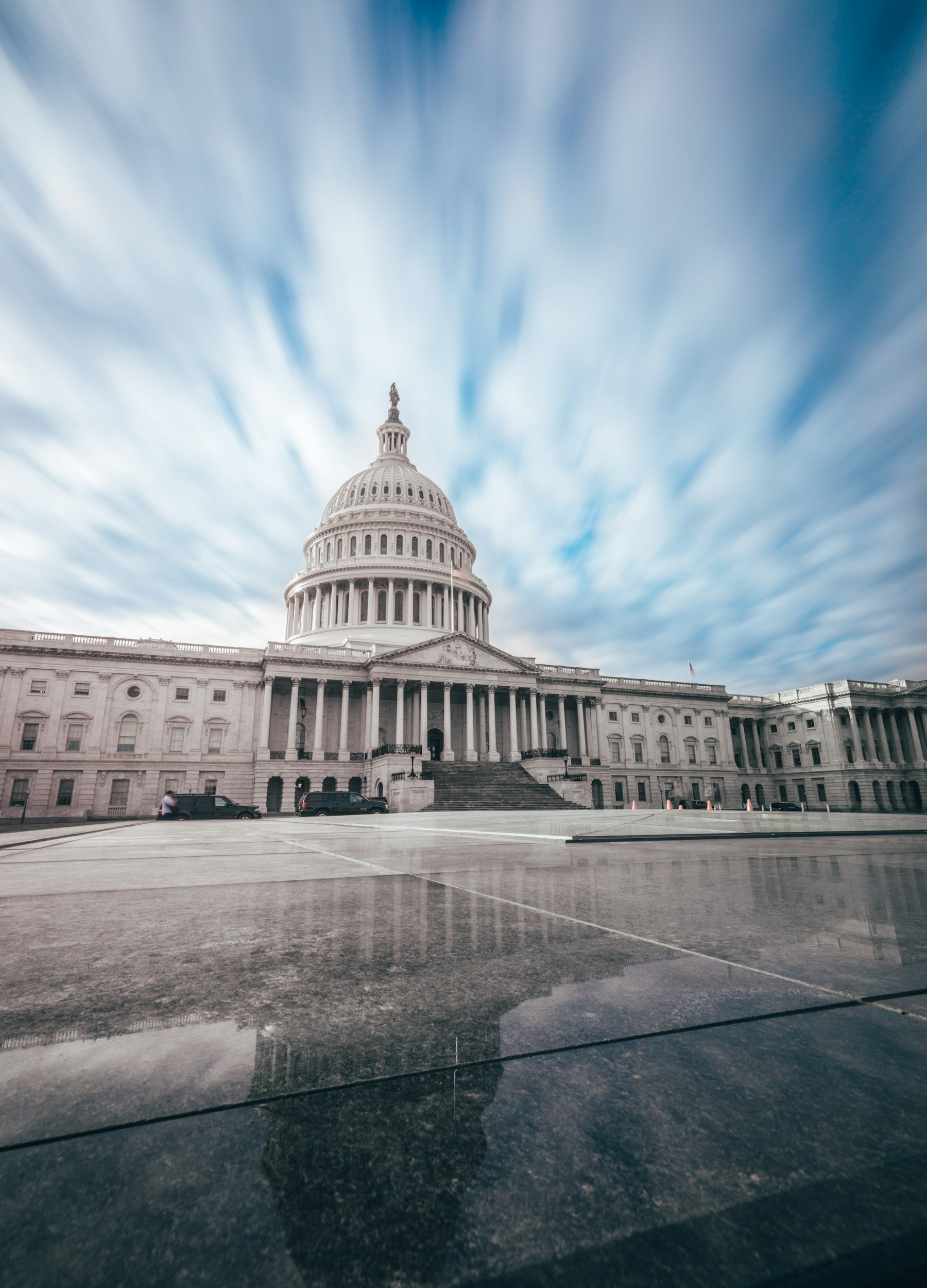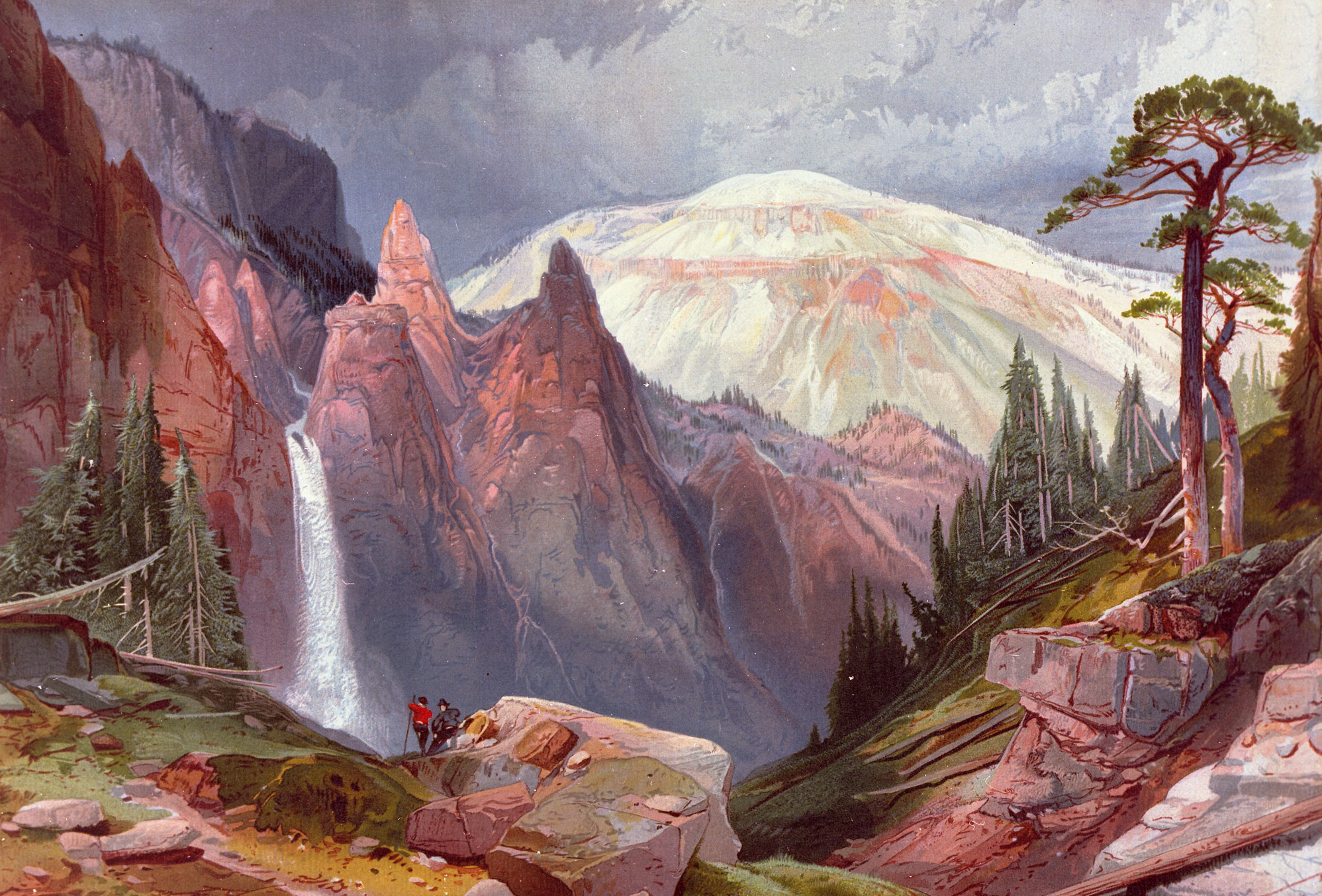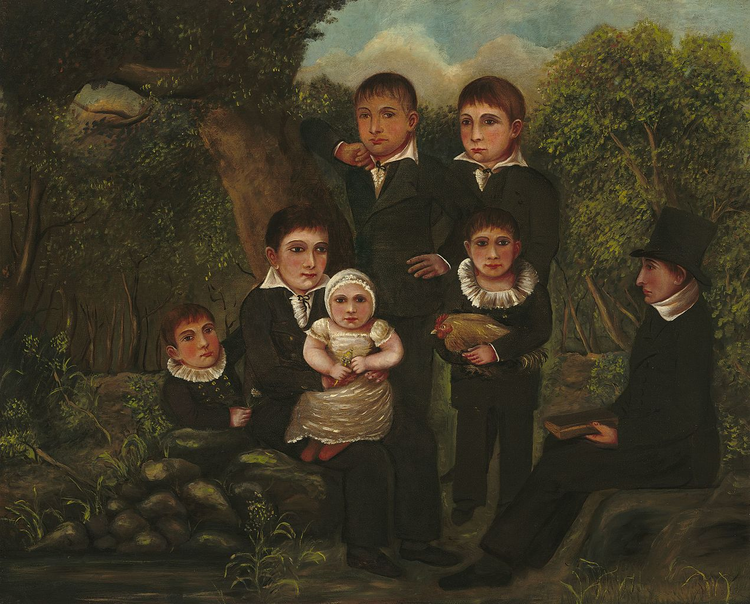
News and Events
Archive
- April 2025
- March 2025
- February 2025
- January 2025
- December 2024
- November 2024
- September 2024
- August 2024
- July 2024
- June 2024
- May 2024
- April 2024
- March 2024
- February 2024
- January 2024
- December 2023
- November 2023
- October 2023
- September 2023
- August 2023
- July 2023
- June 2023
- May 2023
- April 2023
- March 2023
- February 2023
- January 2023
- December 2022
- October 2022
- August 2022
- July 2022
- June 2022
- May 2022
- April 2022
- March 2022
- February 2022
- January 2022
- December 2021
- November 2021
- October 2021
- September 2021
- August 2021
- July 2021
- June 2021
- May 2021
- April 2021
- March 2021
- February 2021
- January 2021
- December 2020
- November 2020
- October 2020
- September 2020
- August 2020
- July 2020
- June 2020
- May 2020
- April 2020
- March 2020
- February 2020
- January 2020
- December 2019
- November 2019
- October 2018
The surveyor visionaries who created Washington DC
After the Revolutionary War in 1789, the constitution established a 10 square mile district as the site of the new capitol for the United States. Subsequently, after much haggling in Congress, the “Residence Act” was passed and set the site of the new city on the northern and southern shores of the Potomac River at a location to be determined by President Washington.
Surveying the Transit of Venus
Human history has been shaped by colonialism, and one wave of colonialism resulted in the founding of the United States. In fact, most countries were colonized by European powers from the late fifteenth century until just after World War II. At its height, the British Empire controlled nearly a quarter of the world’s nations.
Christopher Gist - mapped Ohio and saved Washington’s life - twice
Christopher Gist came to the surveying profession naturally. In 1736, his father, Richard surveyed the western shore of Maryland and the town of Baltimore. Though there is little information about Christopher’s childhood, it is thought that Christopher learned surveying profession from his father.
Richard Caswell, Surveyor and Father of North Carolina
Many of our founding fathers started their careers as surveyors. Along with providing an essential service, surveying was a very profitable trade in eighteenth century America. Surveyors would purchase newly opened land from the Crown and sell tracts to settlers at higher prices. This led to some resentment and suspicion by settlers – but one surveyor remained popular throughout his surveying career – and beyond.
Surveyor and friend to Washington
Surveyors including George Washington, Thomas Jefferson and Abraham Lincoln, were key to establishing the United States as a nation. Surveying in the 1700s and 1800s was both arduous and perilous. For example, one of Washington’s contemporaries, William Crawford, met a tragic end at the forefront of western expansion of European settlers in lands controlled by Native Americans.
Major John Wesley Powell – Surveyor, cartographer, explorer, geologist, ethnographer and botanist
This Memorial Day, thousands of tourists will be visiting the Grand Canyon, which became a national park in 1919. As with many other national parks, surveyors played a vital role in preserving this spectacular landscape for everyone to enjoy.
Presidents and surveyors led the way
President’s Day has been a federal holiday since 1879 when it was instituted to memorialize the birthday of George Washington, born on February 22, 1732. By the 1970’s, the holiday had evolved to commemorate all US Presidents.
In the 1920s, a historian for the state of South Dakota came up with the idea of creating a massive sculpture that featured heroes of the American West to increase tourism in the area.
Captain Cook, Surveyor
James Cook was born in the Yorkshire town of East Marton in 1728. Although his father was a farm laborer who hadn’t traveled far from his native Scotland, James’s life took a radically different path. When Cook was eight years old, he attended a local charity school where he got a good foundation in mathematics. By the time he was 17, Cook was on his own and began an apprenticeship at a coal shipping company transporting coal by sea between Newcastle and London in a four-week round trip.
Leaders from the past prepare us for the future
The past year has brought a lot of change – and a lot to be thankful for. Here at Berntsen, we’re thankful for all of our customers - those that leave their mark on the world, by establishing boundaries, forging paths and ensuring buildings are straight and true. For more than 50 years, our mission has been to provide our customers with the best products and support possible – and we look forward to another 50 years serving you
The Domesday Book - It’s Really About Taxes
British land surveying traces its roots back more than a thousand years to a king in desperate need of funds to pay for defending the empire against Viking invasion. In 1086, William the Conqueror commissioned a survey of the entire country to assess the extent of the land and resources in England at the time, so that he could tax them properly. The information collected over a years’ time was recorded by hand in two huge books – the Domesday books.
Surveyors - Key to our independence
“Across 2 expansive wars and 2 transformative peace treaties, the surveyors eye changed the image of America in the British Atlantic world.” - Max Edelson is a professor of history at the University of Virginia.
Henry David Thoreau - Land Surveyor
It’s common knowledge that Henry David Thoreau wrote Walden about his two years living at Walden Pond (1845-1847). The book had an enormous impact at the time and its effects are still felt today.
Ferdinand Vandeveer Hayden and our first national park
Surveyors are natural explorers, so they appreciate and enjoy the beauty and infinite variety of nature every day. Unless you choose a profession that includes the outdoors, people must intentionally plan a trip to a county, state or national park. Most people aren’t aware that surveyors were instrumental in the creation of our National Parks, including our first – Yellowstone National Park.
Robert Erskine - Inventor, engineer, surveyor and patriot
It’s hard to overstate how important surveying was to the establishment of the United States – three of our presidents were surveyors, as well as six of the signers of the Declaration of Independence. But even before there were presidents, surveying and cartography played an essential role in the fight for independence.
A life of precision - Andrew Ellicott, officer, surveyor, diplomat and teacher
Andrew Ellicott’s family emigrated from Wales to what is now Bucks County in Pennsylvania in 1731. They had to leave Wales because Ann Bye Ellicott was a Quaker and when she married Ellicott (a non-Quaker), they were disowned and needed to start anew.
Andrew Ellicott was the first of nine children born to Joseph and Judith. The family continued the Quaker faith, finding welcome in a state founded by a Quaker, William Penn. Joseph supported the growing family by working as a miller and clockmaker. The children were educated at the local Quaker school, where Andrew’s talent for math and mechanics was encouraged and developed.
Before there was President's Day, there were surveyors
Whenever President’s Day rolls around, we, as surveyors, can’t help but think of the historical importance of surveying in the United States – not only because Washington, Lincoln and Jefferson were all surveyors, but the impact surveying had on the development of the nation. I’ve touched on that in blogs I’ve done about colonial surveyors, but the depth of the subject calls for a look into how surveying developed in America.
John Morton - Surveyor and Activist
Today I’m sharing my research about a surveyor who didn’t have the best start in life. John Morton was born in Pennsylvania in 1725 shortly after the death of his father, one of the first Swedish immigrants who settled on the banks of the Delaware river in Pennsylvania in an area called New Sweden.
Abraham Clark - Man of the People
Did you ever wonder why men wore those white wigs back in colonial times? Turns out those wigs weren’t all white, but they were all about looking classy – as in economic class, that is. Apparently the color of the wig reflected status. Professionals went with gray, tradesmen wore brown, and white wigs were reserved for judges and military officers. Men could also don white wigs for special occasions – they went well with the ruffles around the wrist which were also part of the whole look.
Who taught the self-taught surveyors?
It’s well-known that a number of our presidents were surveyors – Washington, Jefferson, Lincoln and even Roosevelt (kind of).
Did you ever wonder how the early surveyors learned how to survey? Many biographies say these men were “self-taught” . . . for Washington and Jefferson, this means they got a copy of “Geodaesia,” the first surveying book created for the New World surveyor.



















